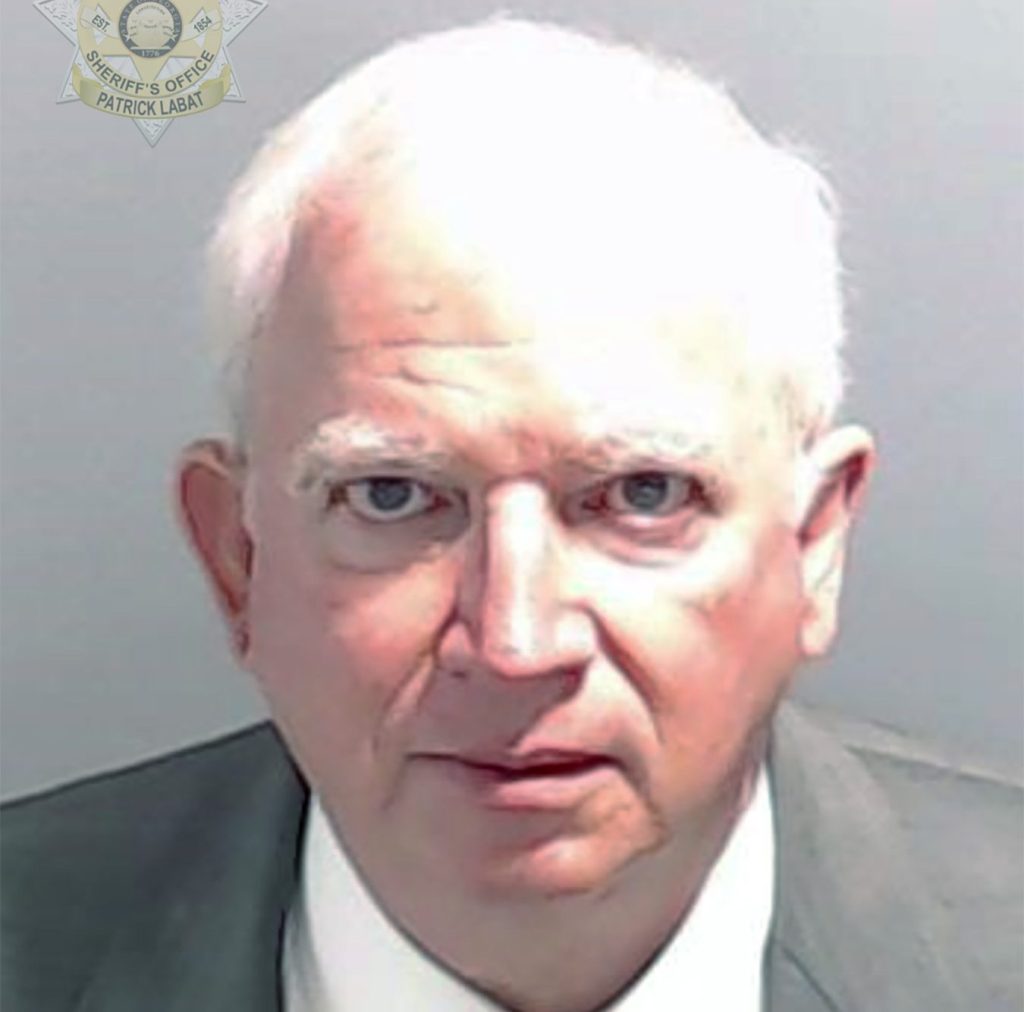[ad_1]

This week, a California State Bar judge recommended the disbarment of former Donald Trump adviser John Eastman, a onetime fringe academic — among his longtime obsessions partly overturning the 14th Amendment to kill birthright citizenship — who came to occupy a central role in the former president’s efforts to undo the 2020 election.
The final decision will now go to the state Supreme Court, which should reaffirm the recommendation and banish Eastman from the practice of law.
Everyone remembers the shock troops of Jan. 6, the hundreds of Trump supporters that physically descended on the Capitol and tried to prevent the certification of Joe Biden’s victory by force.
But Trump also had a legal vanguard that took another tack: it attempted to work within the system to bring democracy down, floating harebrained legal theories like the independent state legislature argument and pulling threads behind the scenes to create phony electors and challenge votes.
These moves were far more procedural and less visible than the rioters who smashed windows and beat up cops, but their goal was the same: to nullify the electoral voice of the American public and install Trump as, essentially, an autocrat atop a gutted American federal bureaucracy.
At the forefront of this vanguard was Eastman, now best known for having drafted the memo positing that the vice president had the legal authority to overturn the election — the argument that in many ways formed the basis of the Jan. 6 insurrection in the first place.
Eastman and the various other Trumpworld attorneys who have faced criminal investigations and professional sanctions for their involvement in this scheme have tried to argue that their efforts were what any zealous lawyer would do for a client, and that their dangerous legal perspectives were akin to other public debate over the law. Eastman’s own lawyer argued that “his handling of the legal issues he was asked to assess after the November 2020 election was based on reliable legal precedent.”
This is absurd for a couple reasons, chief among them that there’s no real rationalization for trying to overturn an election, among the highest of crimes in a democracy. A lawyer who conspires to help a client launder money or destroy evidence doesn’t get to claim that he was just providing sound legal advice, and neither should one who conspires to help a client steal an election.
It’s also the case that these theories weren’t being put forward in some law review article — something that perhaps should get an attorney shunned professionally, but not necessarily disbarred. They were not aiming to expand the scope of academic discussion or present novel interpretations of the law in a theoretical setting. No, Eastman’s memo and the lawyers’ efforts writ large were intended to orchestrate a coup as a step-by-step blueprint to end this country’s tradition of electoral turnover.
Disbarment is not Eastman’s biggest worry. He’s been indicted in Georgia on nine felonies for election stealing.
The ability to practice law is a potent one, and in a very important way, a public responsibility. It is the official affirmation that someone is allowed to engage directly with the frameworks that undergird our entire society. Those who will use this power to strap bombs to these frameworks should clearly face losing that privilege.
[ad_2]








